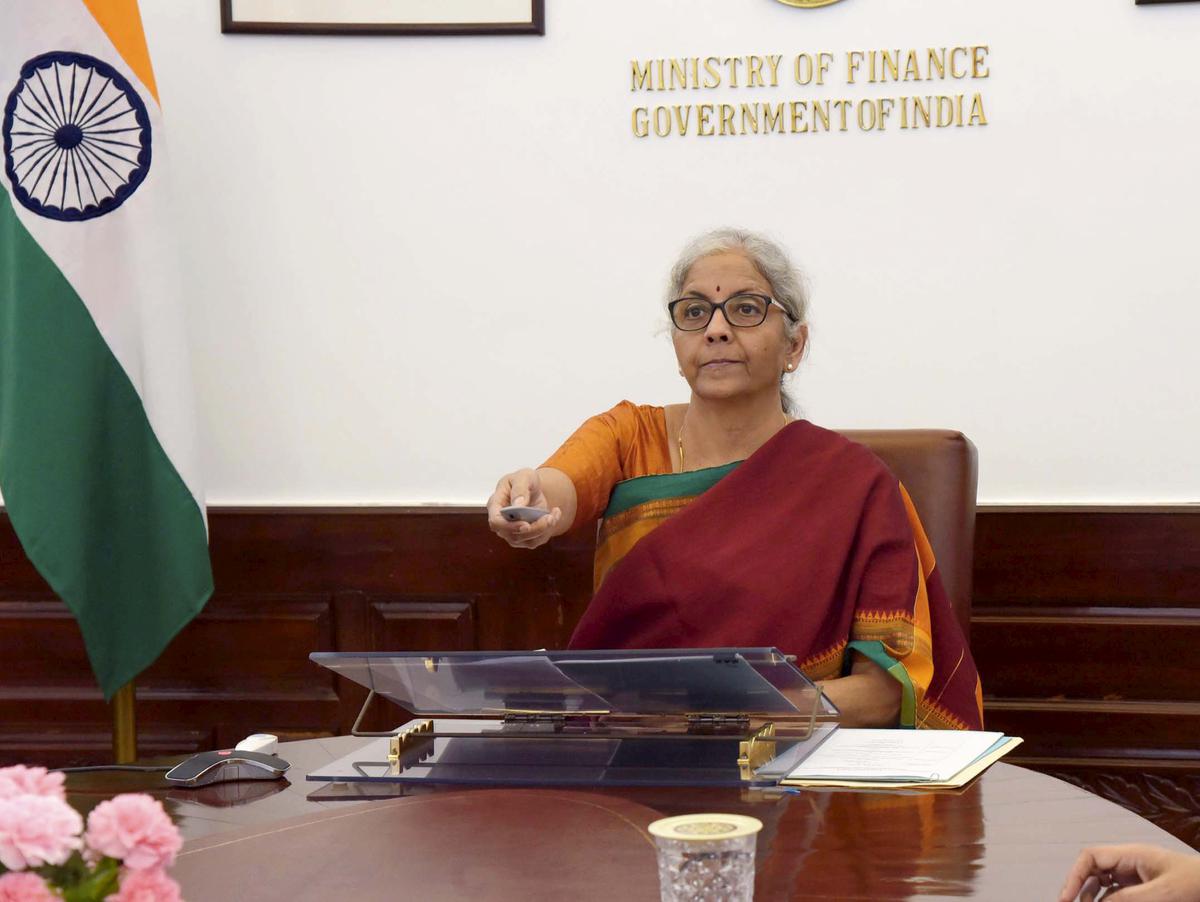
Finance Ministry mulls steps like auto debiting other accounts of issuer to curb cheque bounce cases
The Hindu
Trade bodies have been pitching for changes in the cheque bounce law for the fast disposal of such cases
The Finance Ministry is mulling several steps like dipping into other accounts of a cheque issuer and prohibition of opening of new accounts of offenders to effectively deal with cheque bounce cases which are clogging the legal system.
Many suggestions were made at a high-level meeting recently called by the Ministry to deal with the high incidence of cheque bounce cases.
Some of the steps suggested before taking legal recourse included debiting another accounts of the cheque issuer if his or her account is short of funds to honour the instrument, sources said.
The other suggestions were treating cheque bounce as default of loan and thus reporting it to credit information companies for necessary downgrade of score, the sources said, adding a proper legal view would be taken before these suggestions are accepted.
If these suggestions are implemented, it would help enforce cheque honouring by the payer without the matter going to court and also compel him/her to make payment by creating a deterrent through technology.
These measures would help promote ease of doing business and dissuade people from wilfully indulging in issuance of cheques even though their accounts have insufficient funds.
Proposed steps could be implemented through the integration of data across the banks, sources said.

The Union Budget unveiled on February 1, 2025, has come at a time of unprecedented global uncertainty and a flagging domestic economy. The real GDP growth is estimated at 6.4% for 2024-25 and between 6.3-6.8% for 2025-26, a far cry from >8 percent growth required annually to make India a developed nation by 2047. While much attention has been devoted to the demand stimulus through income tax cuts, not enough is said about the proposed reforms in urban development, tariff rationalisation, and regulatory simplification aimed at making Indian cities and corporates more competitive. Since the majority of economic activity is located in cities (urban areas account for ~55% of GDP) and produced by large corporates (~40% of the national output and 55% of India’s exports), the above-mentioned reforms have a pivotal role in improving India’s trend growth rate. Below we unpack each reform.












